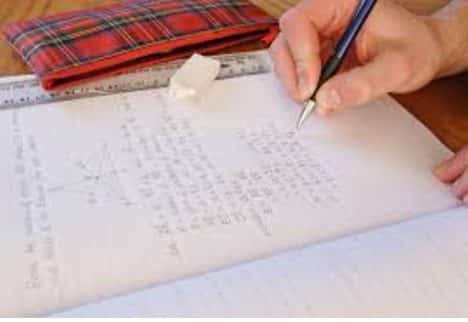Ten Tips for Homework Helpers
Excerpted from How to Help Your Child with Homework by Jeremy Rubenstein.

Maintain two-way communication with your child.
Don’t just lecture, Listen and respond to what your child has to say. When you respond, don’t plead or argue.
Set goals with, not for, your child.
Then focus on one goal at a time. Start with a goal that your child is almost guaranteed to achieve. That will make the others more appealing and continued success more likely.
Expect progress.
We all respond to the expectations other people have of us. (This is known as the self-fulfilling prophecy syndrome). If your expectations are low, your child’s achievements are likely to match them. If your expectations are high but not unreasonable, your child will respond in kind.
Make your child aware of improvement. Reward achievement.
Don’t “pay” for every accomplishment with a treat or a promise. Often it’s enough to simply say, “ you did a really good job on that map. I’m proud of you”
Direct praise to the task at hand.
Saying “ you spelled eight out of ten words right. Much better!” is more specific than “Good for you!” specific praise guides future behavior.
Be enthusiastic.
Use humor. Starting every homework session with the star wars theme might be going overboard. But it doesn’t hurt to smile and say, “ I like spending time with you.”
Encourages creativity.
Although you should be careful about “sticking to the rules .” a certain amount of creativity can “help the medicine go down.”
Take every opportunity to build your sense of grit and resiliency.
This includes, but isn’t confined to, most of the other tips already presented here. Use your imagination and your natural affection and concern to think of other ways to show your child that she or he is a worthwhile and important person.
Check with the teacher before correcting your child’s homework.
Many teachers want to see a student’s mistakes; they use them to determine where more teaching is called for. A perfect parent-corrected paper can be misleading and can rob a child of the extra help that’s needed.
Provide variety.
If a child starts fidgeting excessively over a math book, switch to spelling for a while. Return to math later. In between, share a snack, take a short walk, or have a joke-telling session.
